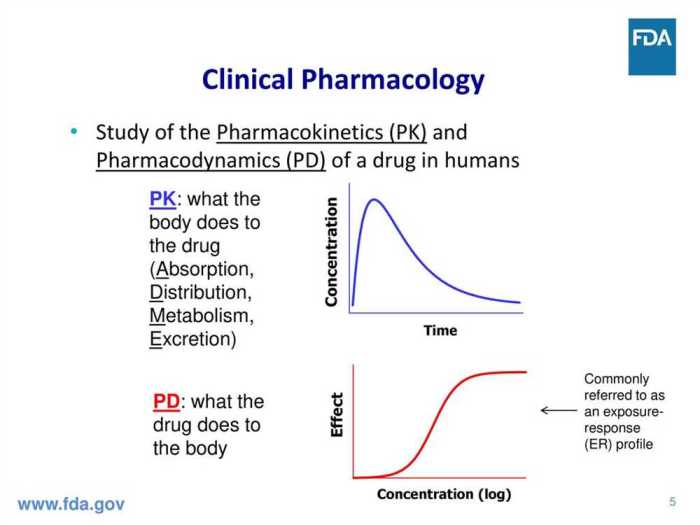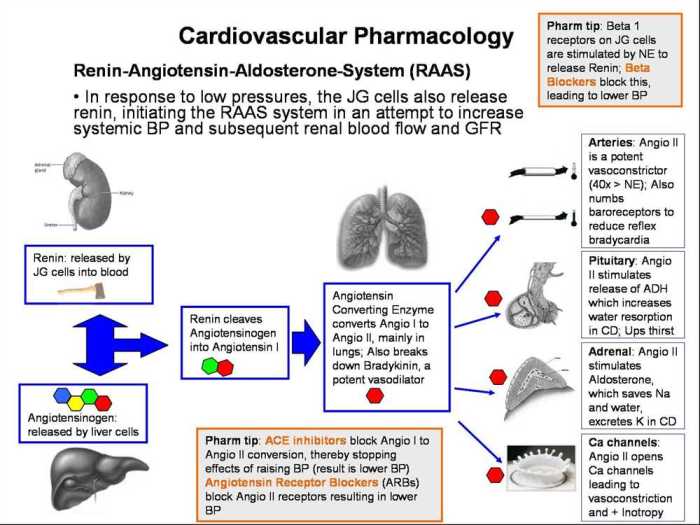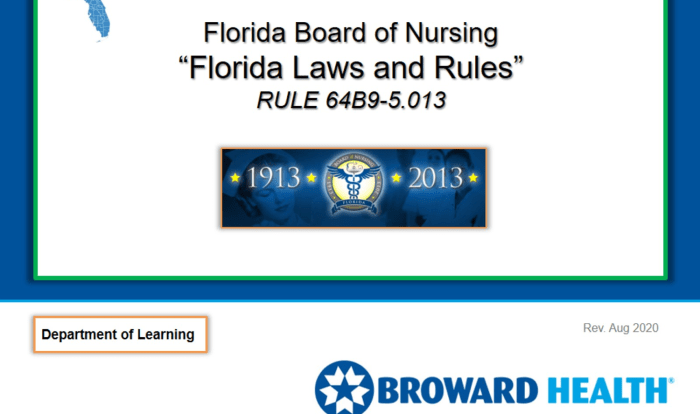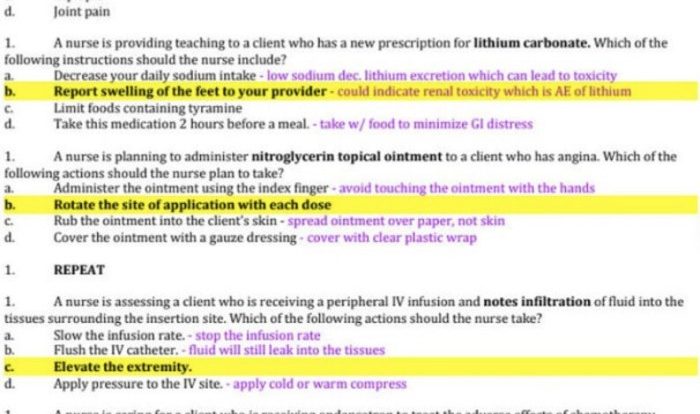Rn pharmacology a relias answers – RN Pharmacology: A Relias Answers Guide for Effective Medication Management delves into the critical role of registered nurses (RNs) in pharmacology, providing a comprehensive overview of their responsibilities, resources, and best practices in medication administration, patient education, and medication management.
This guide explores the principles of safe medication administration, the different routes of administration, and guidelines for calculating and preparing medication doses. It also emphasizes the importance of patient education in medication management and provides strategies for effectively educating patients about their medications.
RN Pharmacology

RNs play a crucial role in pharmacology, ensuring the safe and effective use of medications in patient care. They are responsible for medication administration, patient education, and medication management.
The scope of practice for RNs in medication administration includes assessing patients for medication needs, calculating and preparing doses, administering medications via various routes, and monitoring for adverse reactions.
RNs also have a significant role in patient education and medication management. They provide patients with information about their medications, including dosage, frequency, potential side effects, and interactions with other drugs or foods.
Relias Answers
Relias Answers is a comprehensive pharmacology resource designed to assist RNs in medication administration and patient care. It provides access to up-to-date medication information, including dosage calculations, drug interactions, and patient education materials.
By utilizing Relias Answers, RNs can ensure accurate medication administration, enhance patient safety, and improve patient outcomes.
Medication Administration
Safe medication administration requires adherence to established principles. RNs must verify the patient’s identity, medication order, dose, route, and frequency before administering any medication.
Medications can be administered via various routes, including oral, intravenous, intramuscular, and topical. RNs must be proficient in all routes of administration to ensure safe and effective delivery of medications.
Calculating and preparing medication doses accurately is essential for patient safety. RNs must use appropriate calculations and techniques to determine the correct dose for each patient.
Patient Education, Rn pharmacology a relias answers
Patient education is a vital component of medication management. RNs must provide patients with clear and concise information about their medications, including the purpose of the medication, dosage, frequency, potential side effects, and storage instructions.
Effective patient teaching involves using a variety of techniques, such as verbal explanations, written materials, and demonstrations. RNs must assess patients’ understanding and provide ongoing support to ensure medication adherence.
Medication Management
Medication reconciliation is the process of comparing a patient’s current medication list with their medical history and physical examination findings to identify and resolve discrepancies.
RNs play a key role in medication therapy monitoring by assessing patients for medication effectiveness and adverse effects. They also collaborate with healthcare providers to adjust medication regimens as needed.
Optimizing medication adherence is essential for improving patient outcomes. RNs can employ various strategies to enhance adherence, such as providing patients with medication reminders, simplifying medication regimens, and addressing barriers to adherence.
Case Studies
Case studies provide valuable insights into the application of pharmacology principles in nursing practice.
By analyzing case studies, RNs can identify challenges and opportunities in medication management and develop strategies to improve patient care.
Case studies also highlight the importance of collaboration between RNs and other healthcare providers to ensure safe and effective medication use.
FAQ Corner: Rn Pharmacology A Relias Answers
What is the role of RNs in pharmacology?
RNs play a vital role in pharmacology by ensuring the safe and effective administration of medications to patients.
What is the scope of practice for RNs in medication administration?
RNs are responsible for assessing patients’ medication needs, administering medications according to prescribed orders, monitoring patients for adverse reactions, and educating patients about their medications.
What are the responsibilities of RNs in patient education and medication management?
RNs are responsible for educating patients about their medications, including their purpose, dosage, side effects, and potential interactions. They also monitor patients’ medication adherence and provide support to ensure optimal medication outcomes.




